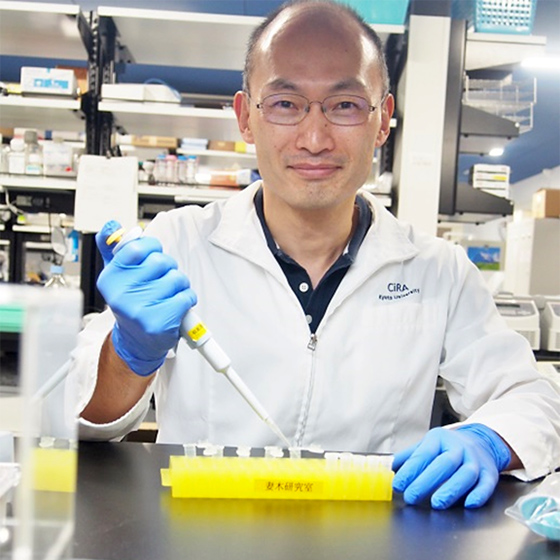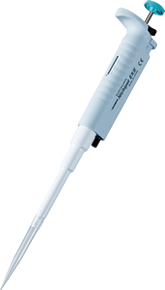PIPETTE / DISPENSER / CUSTOM MADE & OEM
PIPETTE / DISPENSER / CUSTOM MADE & OEM

2018.08 Updated
We talked to Noriyuki Tsumaki, professor at the Institute of
iPS Cell Research (CiRA) of Kyoto University.
Cartilage includes growing cartilage and articular cartilage. Abnormal growth cartilage causes skeletal disorders, such as impaired growth, and abnormal articular cartilage causes osteoarthritis, which causes joint pain during exercise. Treatment of cartilage disorders is difficult in the field of orthopedic and has been a challenging theme for many years. Few drugs are available to treat skeletal disorders caused by abnormal growth cartilage. The reason for this was that the patient's cartilage was valuable and difficult to study because it could not be easily sampled and examined. On the other hand, many researchers around the world, including us, have conducted basic research to investigate the functions of genes important for cartilage formation and differentiation.
By applying cell reprogramming technology to the knowledge of this basic research, it is becoming possible to induce chondrocytes in test tubes based on the skin cells and blood cells of patients with cartilage disease.
Chondrocytes derived from the patient's skin cells can be expected to replicate the patient's cartilage disorder. Using the induced diseased chondrocytes as a disease model, we elucidate the disease state and search for drugs.
Patients can be induced to chondrocytes by inducing somatic cells, such as the skin, into iPS cells and then differentiating them, or by inducing skin cells directly into chondrocytes without the iPS cells, and each has its advantage.
Articular cartilage covers the bones of the knees and other joints and provides smooth joint movement. Joint cartilage may be painful and diminished with trauma or aging. As cartilage decreases, walking gets painful, climbing up and down stairs gets difficult, and standing up gets painful and affects daily life. For regenerative medicine for articular cartilage injury, we are also conducting research and development to transplant chondrocytes derived from iPS cells into animal models of cartilage defects. We are also conducting drug discovery research for osteoarthritis.
We are going to contribute to the development of treatments for cartilage diseases by conducting a series of basic research on cartilage, establishing techniques to induce chondrocytes, elucidating disease states, and searching for drugs.

Micropipettes are used to characterize cultured cells for clinical use. When we started using Nichiryo’s micropipette, we found that it was fatigue free for a long time use as it was light, and we felt comfortable using it as it won’t be displaced when it is used because it could be locked.
The micropipette makes it very convenient. Subtle volume like 1μL or 2μL can be easily handled with Micropipettes and are very accurate, durable, and easy to use.
People in the laboratory who worry about accuracy occasionally perform maintenance and measurement on their own. The micropipette is inspected and washed when the dispensed volume is low, but we are very pleased with Nichirio's micropipette as it is easy to handle for maintenance.
We use calibration service once a year. With this support, we are comfortable with using Micropipettes. In the future, I would be pleased to have a micropipette that does not constantly inhale as a point of expectation for the micropipette.
With the aim of elucidating the mechanism of chondrocyte differentiation control and developing treatment methods for cartilage diseases, we are conducting three research themes.
・First, we examine the mechanism by which chondrocytes regulate proliferation and differentiation.
・Second, we look for drugs by examining the condition of bone disease.
・Third, we aim to provide regenerative medicine through cell transplantation for articular cartilage disease.
As described above, I would like to study to achieve the results of both basic research and clinical research so that they can be used in the treatment of patients with diseases caused by cartilage disorders.

Fully autoclave sterilization and UV resistance
Nichipet series best seller model
NIchipet EXⅡ:
https://www.nichiryo.co.jp/en/product/pipette/ex2/

Select a Region / Language
Asia-Pacific
Americas
Europe, Africa, Mid East